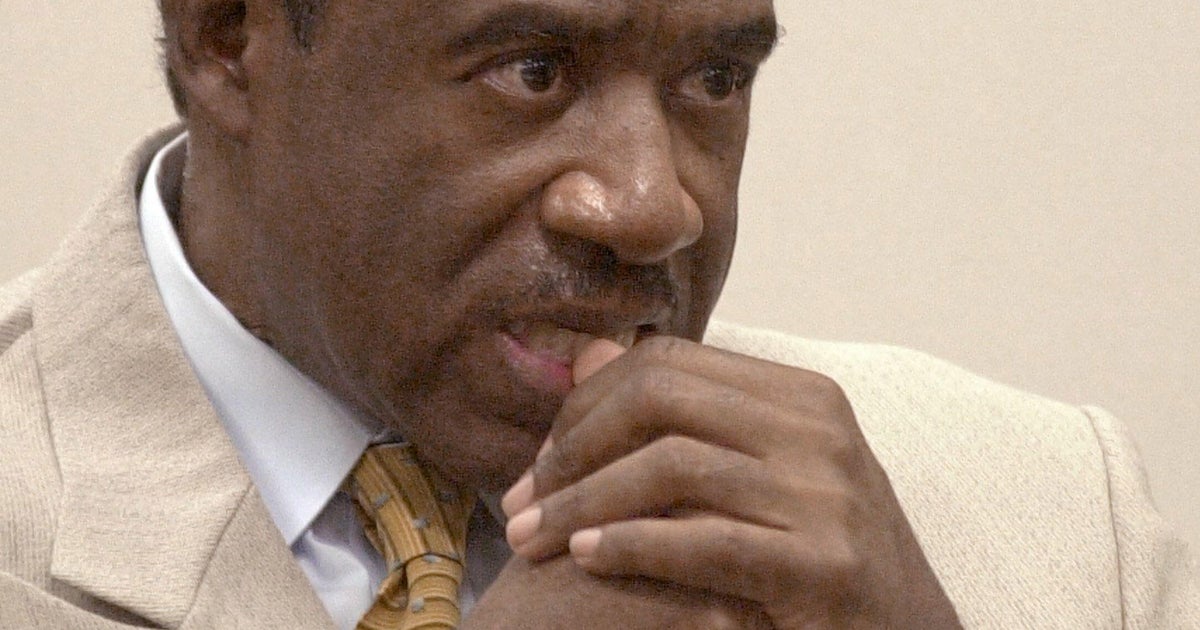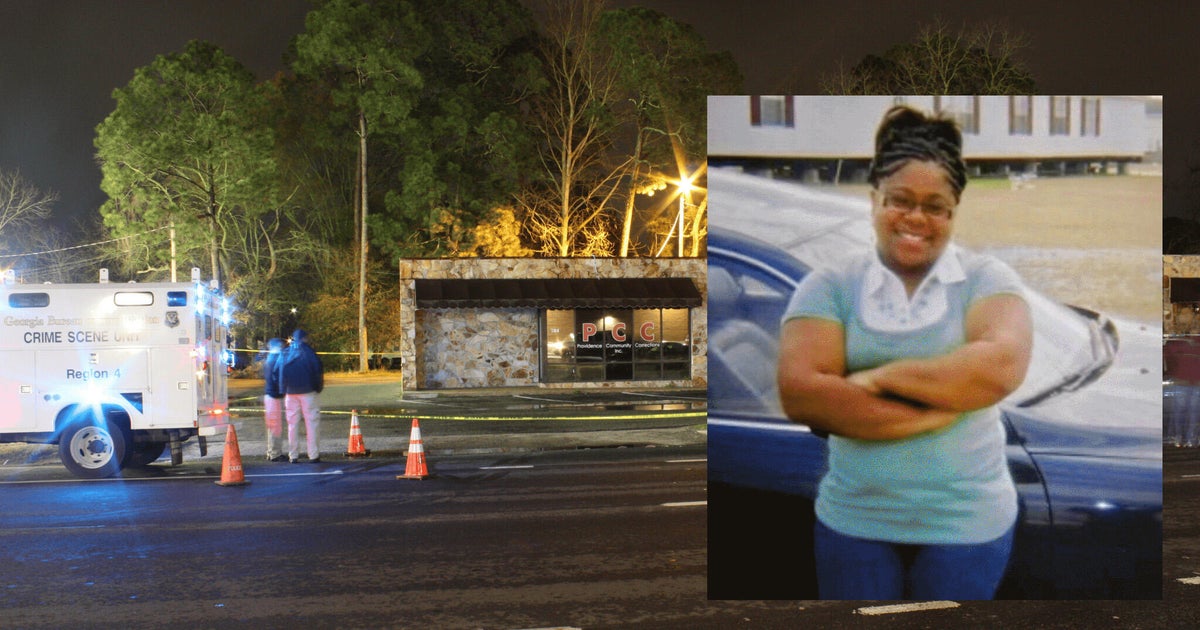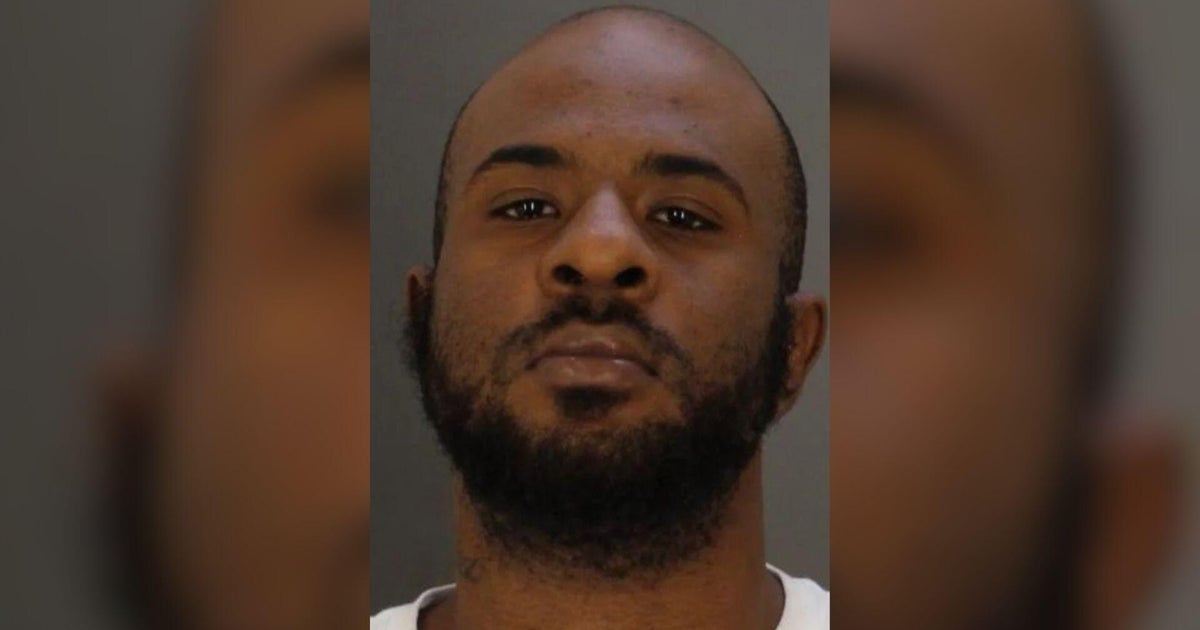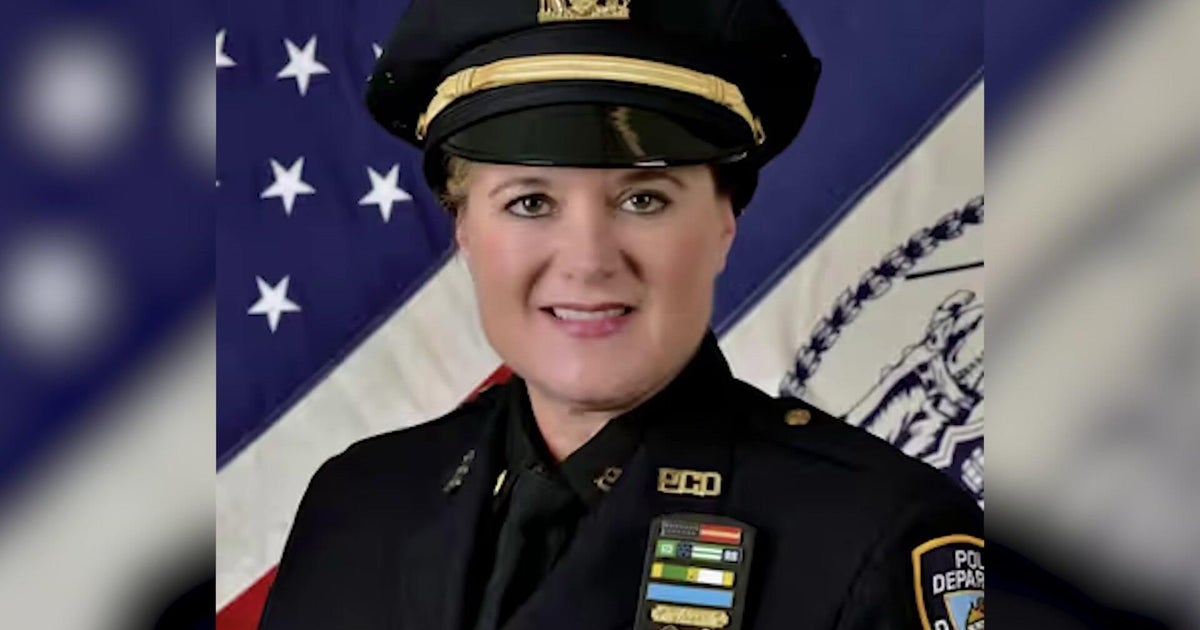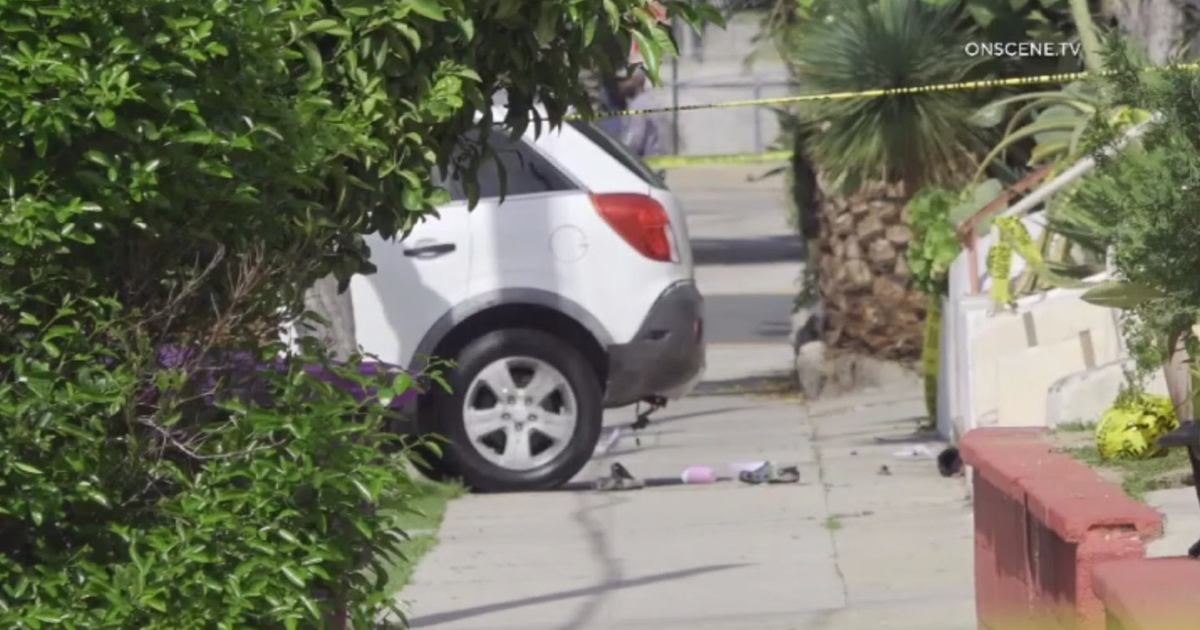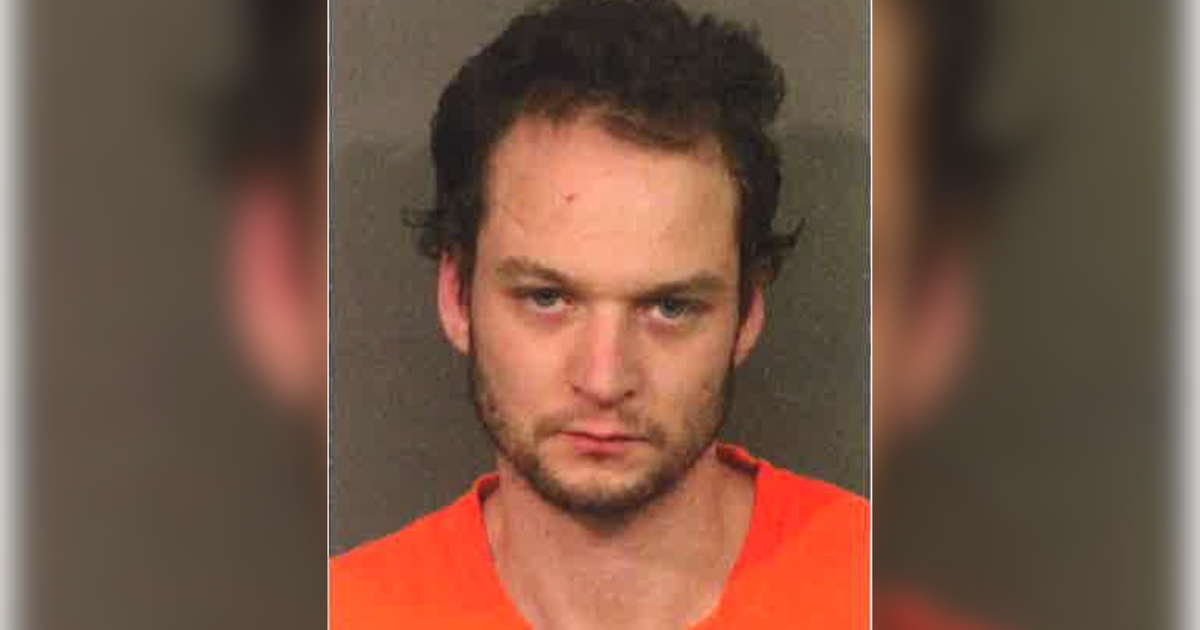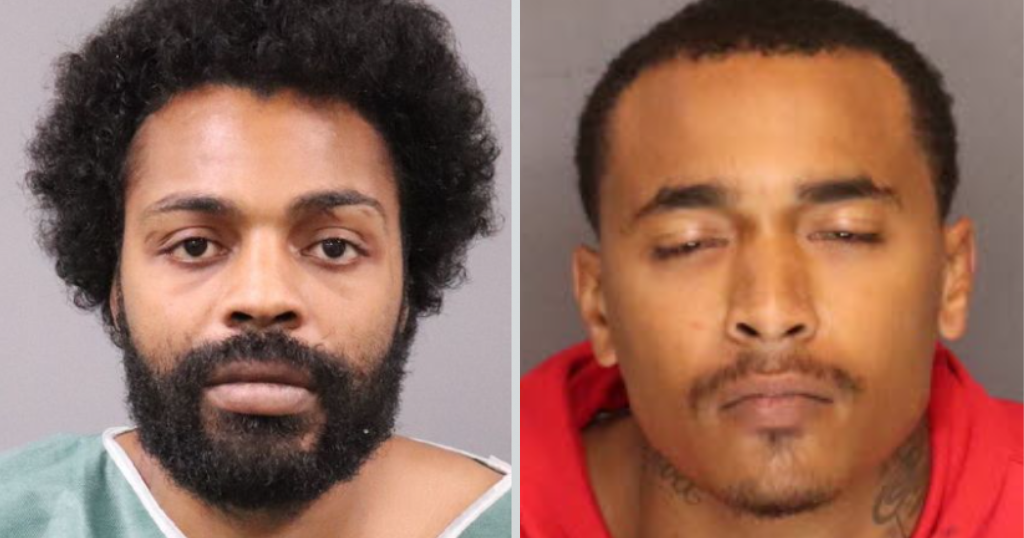In Their Own Words: Exonerated Harlem Park Three Recall Their 1983 Murder Arrests, Say More Innocent People Are 'Wasting Away' In Prison
BALTIMORE (WJZ) -- You might remember the celebrated release of the Harlem Park Three last year. Now grown men, in 1983 at age 16, they were wrongfully convicted of murder.
Their release was a victory thanks to the Baltimore City State's Attorney's office and the Innocence Project.
Now for the first time, we hear from all three who sat down with WJZ's Vic Carter in an exclusive interview.
These one-time teenagers emerged from prison after serving a combined 108 years. By that standard, it is the longest wrongful incarceration case in American history.
Even Though They Are Free, Harlem Park Three Struggle To Adjust To Life After Prison
On Thanksgiving night in 1983, swarms of police officers raided the homes of these three teens. They were rousted them from their beds, stripped them from their families and were charged them with first-degree murder.
Last year, more than 30 years later, they were declared innocent. The trio was tried on fabricated evidence and coerced testimony. As a result, they were sentenced to spend the rest of their lives in prison, all the while, police allegedly hid evidence that clearly indicated detectives knew who the real killer likely was.
They want you to hear their story, but more importantly, they want you to know that there are more men like them -- sitting in Maryland prisons, wrongly convicted, their lives also wasting away.
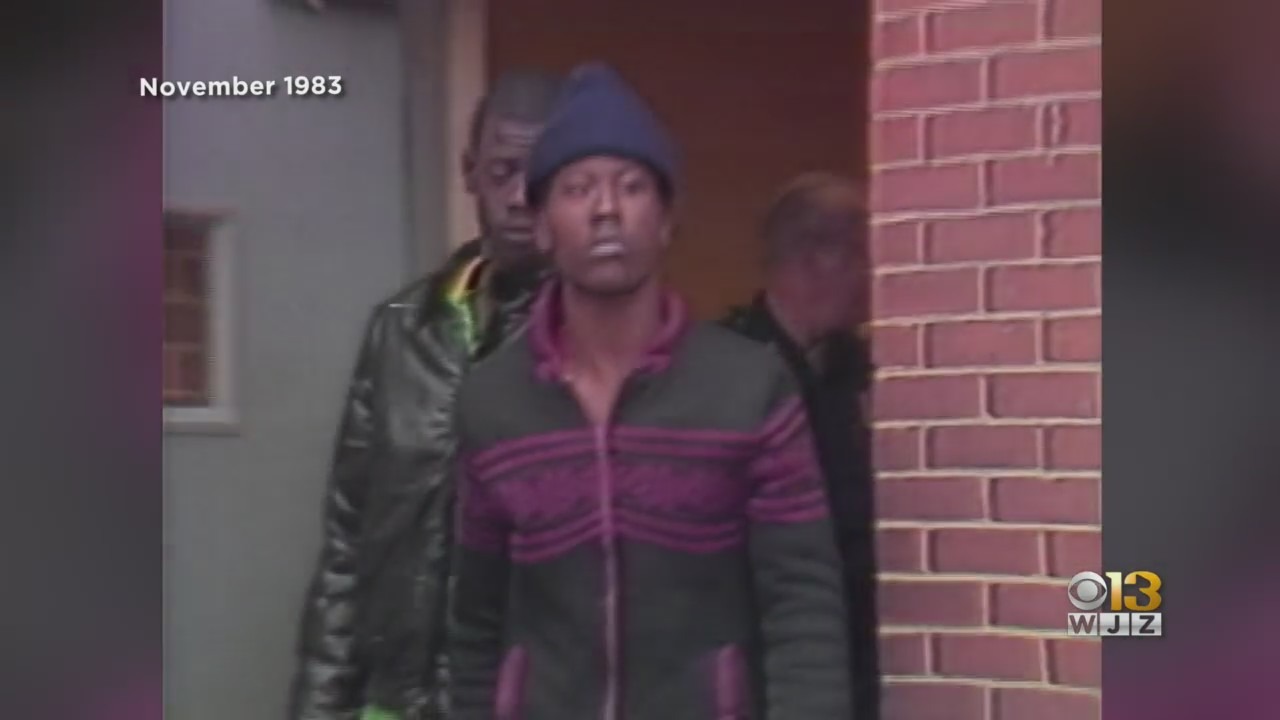
Look at their faces. Know their names: Alfred Chestnut, Andrew Stewart, Ransom Watkins. The innocence of youth fleeing right before them as they are herded into police vans and hauled off to prison.
"They drew guns on us," Stewart recalled. "Slammed us to the concrete, "don't move, don't do nothing" and they threw us into the paddywagon."
The teens were accused of the brutal killing of Dewitt Duckett, a friend who senselessly lost his life over a Georgetown sports jacket on November 18, 1983 right in the hallway of Harlem Park Middle School. It would be 36 years before they would ever breathe free air again.
But for these three men, now in their 50s, freedom doesn't feel free. They are still reliving the tragic tale that robbed them of their most formative years.
"We told them the truth from the beginning because we had nothing to worry about cause we didn't do anything," Chestnut said.
But innocence wasn't enough and the growing case against them dominated the news.
"Prosecutors in court told the judge they had five eyewitnesses who saw Andrew Stewart try to remove a jacket from Dewitt Duckett that day. The judge gave him $75,000 bond," WJZ Anchor Don Scott reported at the time. "Those same witnesses saw Ransom Watkins hold the man about the neck. They gave him $100,000 bail. And those same witnesses saw Alfred Chestnut pull the trigger and kill Dewitt Duckett. The judge set his bail at $150,000."
Except none of that was true.
A lawsuit against police claims that officers coerced young witnesses to lie and that the detectives fabricated a narrative that pinned the crime on the innocent teens
"He didn't have no gun, said Chestnut's mom at the time. "He don't own no gun."
The lawsuit also said they ignored eyewitness accounts and physical evidence pointing to a different suspect.
Baltimore police officers Donald Kincaid, John Barrick, Bryn Joyce and the Baltimore Police Department were all named in the lawsuit.
The men describe how police repeatedly tried to get them to admit they did it, but they stuck together -- knowing they were innocent.
"The officer who arrested me, arrested us, he told me when we first got locked up -- he's white, I'm black -- they going to believe what he said - regardless of what I say and we going to jail," Watkins said. "And he was telling the truth because that's what basically happened."
Vic Carter: So this officer or a group of officers said to you: I'm white, you're Black - who are they going to believe?
Watkins: Yes - that's the first thing he said to me, without any hesitation. Like this is a normal thing he say to Black kids, cause it rolled right off his tongue.
The three best friends remained close even behind bars and Chestnut's relentless fight to prove their innocence finally paid off.
Attorneys for the three men said that this case is not isolated. In fact, this lawsuit lists a dozen other cases where it says the wrong suspects were arrested. And overwhelming evidence proving their innocence was at times withheld from prosecutors, defense attorneys and judges. It was, they say, a pattern and practice within the Baltimore Police Department dating back decades.
And it was that practice – the lawsuit says – that robbed the Harlem Park Three of much more than their freedom.
"Whole time I am in prison, father died, grandfather died, grandmother died, sister died," Watkins said. "I lost everything and the ones I come home to -- there is no connection. As much as I want that connect, I can't find that connection to them and I can't get that. The state did that to us."
Vic: If you could talk to the police officers, if you could talk to the judge, talk to the prosecutors - what would you say to them right now?
Watkins: Why? Why us? Why anybody? Why would you do that to anybody -- especially a kid.
Baltimore Police would not issue a statement because they do not respond to open litigation.
The suspect believed to have killed Dewitt Duckett was never arrested in this case and was shot to death in 2002.
What Chestnut, Stewart and Watkins want you to know is that being out is sometimes more difficult than being in prison.
Vic's interview will continue Tuesday as we explore what their lives are like now as they try to adjust to their newfound freedom.
